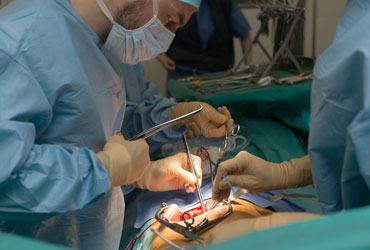- Take A Call: +91-8454854143
- Email Us: amjadkhan88@gmail.com
Best Doctor For Kidney Transplant in Powai
Best Doctor For Kidney Transplant in Powai
Dr Amjad Khan Pathan is the Best Doctor For Kidney Transplant in Powai. In a kidney transplant a medical procedure, a sound kidney is relocated from a solid benefactor when the patient's kidneys never again work. Kidney relocate is normally the last and just choice for those experiencing end-stage renal disappointment and have been on haemodialysis. The end-stage renal infection happens when kidneys lose 90% of their typical practical capacity, and when that occurs, a kidney relocate is many times the decision of treatment contrasted with a long period of haemodialysis.

A kidney transplant in Powai is an activity to put a sound kidney (from a contributor) inside the body. There are two kinds of contributors:
Live contributors: A living giver can be a family member, a companion, an associate or whatever other individual who will give a kidney to somebody who needs it. An individual just requirements a sound kidney to live.
Dead benefactors: A dead contributor is somebody who has as of late passed on. Our Best Doctor For Kidney Transplant in Powai suggest you for your best. They can suggest that you might have to have tests to check whether the gave kidney is viable with your kind of tissue and blood classification. Great tissue similarity lessens the possibilities of your body dismissing the new kidney. They will likewise assess you to ensure you don't have critical heart or lung sickness or different illnesses, for example, malignant growth, that could diminish your future.
Kidney transplant a medical procedure generally goes on around 3 hours. During the medical procedure, you will put the gave kidney in the lower mid-region, associate the veins of the gave kidney to the courses and veins of your body, and interface the kidney ureter gave to the bladder. The blood can then course through the new kidney and the kidney will start to channel and take out waste and produce urine.
The new kidney typically begins working right away.We are Best Doctor For Kidney Transplant in Powai As a rule, sick or harmed kidneys are not taken out except if you have a serious kidney disease (pyelonephritis), kidney malignant growth, nephrotic condition, or incredibly huge polycystic kidneys.
Contact Us
(+91) 9029362794 / 7400134571